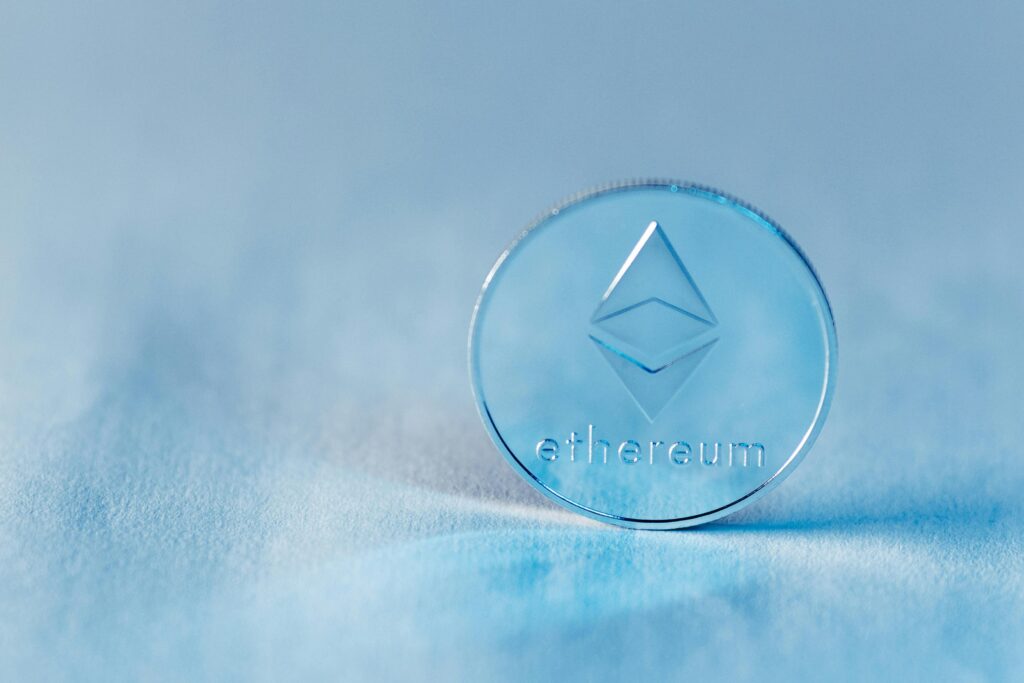Is crypto halal ? Cryptocurrency has revolutionized the financial world, bringing with it a host of opportunities and challenges. As it continues to gain traction, one pressing question among Muslim investors is whether cryptocurrency aligns with Islamic principles. In this comprehensive guide, we will delve into Is Crypto Halal (permissible) and haram (forbidden) aspects of cryptocurrency from an Islamic perspective, exploring the underlying principles, expert opinions, and practical implications.

Understanding Cryptocurrency
Before diving into the Islamic perspective, it’s crucial to understand what cryptocurrency is. Essentially, cryptocurrency is a digital or virtual form of currency that uses cryptography for security. Unlike traditional currencies issued by governments (fiat currencies), cryptocurrencies operate on decentralized networks based on blockchain technology—a distributed ledger enforced by a network of computers (nodes). You can know Is Crypto Halal.
The most well-known cryptocurrency is Bitcoin, but there are thousands of others, including Ethereum, Ripple, and Litecoin. Each cryptocurrency operates differently, with unique features and purposes. Is Crypto Halal?
Islamic Financial Principles
To determine Is Crypto Halal or haram, we must first understand the fundamental principles of Islamic finance. These principles are derived from the Quran, Hadith (sayings of the Prophet Muhammad), and the consensus of Islamic scholars. Key principles include:
- Riba (Interest): Islam strictly prohibits earning or paying interest. Financial transactions should be free from any form of exploitation or unjust gain.
- Gharar (Uncertainty): Transactions involving excessive uncertainty or ambiguity are not permissible. Islamic finance emphasizes clarity and transparency in contracts.
- Maysir (Gambling): Investments or transactions that resemble gambling or speculation are considered haram. The focus is on productive, value-adding activities.
- Halal Investments: Investments should be in activities and businesses that are permissible in Islam, such as those that do not involve alcohol, gambling, or unethical practices. Is Crypto Halal?

Evaluating Cryptocurrency Through Islamic Principles
1. Riba (Interest)
Cryptocurrencies, in their basic form, do not involve interest. Transactions in cryptocurrency are typically peer-to-peer, with no intermediary financial institutions that charge or pay interest. However, certain financial products related to cryptocurrencies, such as crypto lending platforms or yield farming, might involve interest. In such cases, the permissibility would depend on whether these products adhere to Islamic principles. Is Crypto Halal?
2. Gharar (Uncertainty)
Cryptocurrencies are often criticized for their high volatility and speculative nature. The value of cryptocurrencies can fluctuate wildly, leading to significant gains or losses in a short period. This volatility can introduce a level of uncertainty (gharar) that might be deemed unacceptable under Islamic finance principles. Is Crypto Halal?
However, not all cryptocurrencies exhibit extreme volatility, and some projects aim to create stablecoins—cryptocurrencies designed to minimize price fluctuations by being pegged to a stable asset like the US dollar. Stablecoins might mitigate some concerns related to gharar, but their permissibility would still require a detailed assessment of their mechanisms and underlying assets.
3. Maysir (Gambling)
The speculative nature of trading cryptocurrencies, where traders bet on price movements, can be likened to gambling. The high risk and potential for quick, large profits might resemble maysir, which is prohibited in Islam. Many scholars argue that engaging in such speculative trading does not align with the principles of Islamic finance, which advocate for investments based on tangible assets and productive activities.
4. Halal Investments
Certain cryptocurrencies and blockchain projects are designed with ethical considerations in mind, focusing on improving transparency, security, and financial inclusion. These projects may align with the values of halal investing, provided they do not involve prohibited activities or businesses.
Scholarly Opinions
The Islamic finance community is divided on the issue of cryptocurrency. Some scholars argue that cryptocurrencies are inherently haram due to their speculative nature and lack of intrinsic value, while others believe they can be halal if used correctly and in accordance with Islamic principles. Is Crypto Halal?
- Conservative View: Some scholars and Islamic finance institutions adopt a conservative approach, viewing cryptocurrencies as haram due to their speculative characteristics and the uncertainty surrounding their long-term viability. They emphasize the need for more regulation and clarity before considering them as permissible investments.
- Moderate View: Other scholars take a more moderate stance, acknowledging the potential of cryptocurrencies to contribute to financial inclusion and innovation. They suggest that cryptocurrencies can be halal if used responsibly and if the investments align with Islamic principles. This view advocates for careful analysis of individual cryptocurrencies and their compliance with Islamic finance rules.
- Progressive View: A more progressive perspective accepts cryptocurrencies as a legitimate form of investment, provided they are used ethically and transparently. Proponents of this view argue that the technology itself is neutral and can be utilized in ways that align with Islamic values. They emphasize the importance of understanding the specific mechanisms of each cryptocurrency and ensuring that investments are free from riba, gharar, and maysir. Is Crypto Halal?
Practical Considerations for Muslim Investors
For Muslims considering investing in cryptocurrencies, there are several practical steps to ensure that their investments align with Islamic principles:
- Research and Due Diligence: Conduct thorough research on the cryptocurrency and its underlying technology. Understand its use case, the team behind it, and its compliance with Islamic principles. Is Crypto Halal?
- Avoid Speculative Trading: Focus on long-term investments rather than speculative trading. Avoid high-risk trading strategies that resemble gambling.
- Consider Ethical Projects: Invest in cryptocurrencies that support ethical and productive activities. Look for projects that contribute to societal welfare and align with Islamic values.
- Consult Scholars: Seek advice from knowledgeable Islamic scholars and financial advisors who specialize in Islamic finance. Their guidance can help ensure that your investments are compliant with Islamic principles.
- Monitor Developments: Stay informed about regulatory developments and changes in the cryptocurrency market. Ensure that your investments continue to align with Islamic principles as the market evolves. How is cryptocurrency exchange different from crypto wallet.

Conclusion
The question of whether cryptocurrency is halal is complex and multifaceted, reflecting broader debates within the Islamic finance community. While some aspects of cryptocurrency may raise concerns related to riba, gharar, and maysir, others argue that with careful consideration and responsible use, cryptocurrencies can align with Islamic principles.
Muslim investors should approach cryptocurrency with caution, conducting thorough research and seeking expert advice to ensure that their investments are both profitable and compliant with their faith. As the cryptocurrency landscape continues to evolve, ongoing dialogue and scholarly analysis will be crucial in determining the appropriate way to integrate these digital assets into a halal investment strategy.